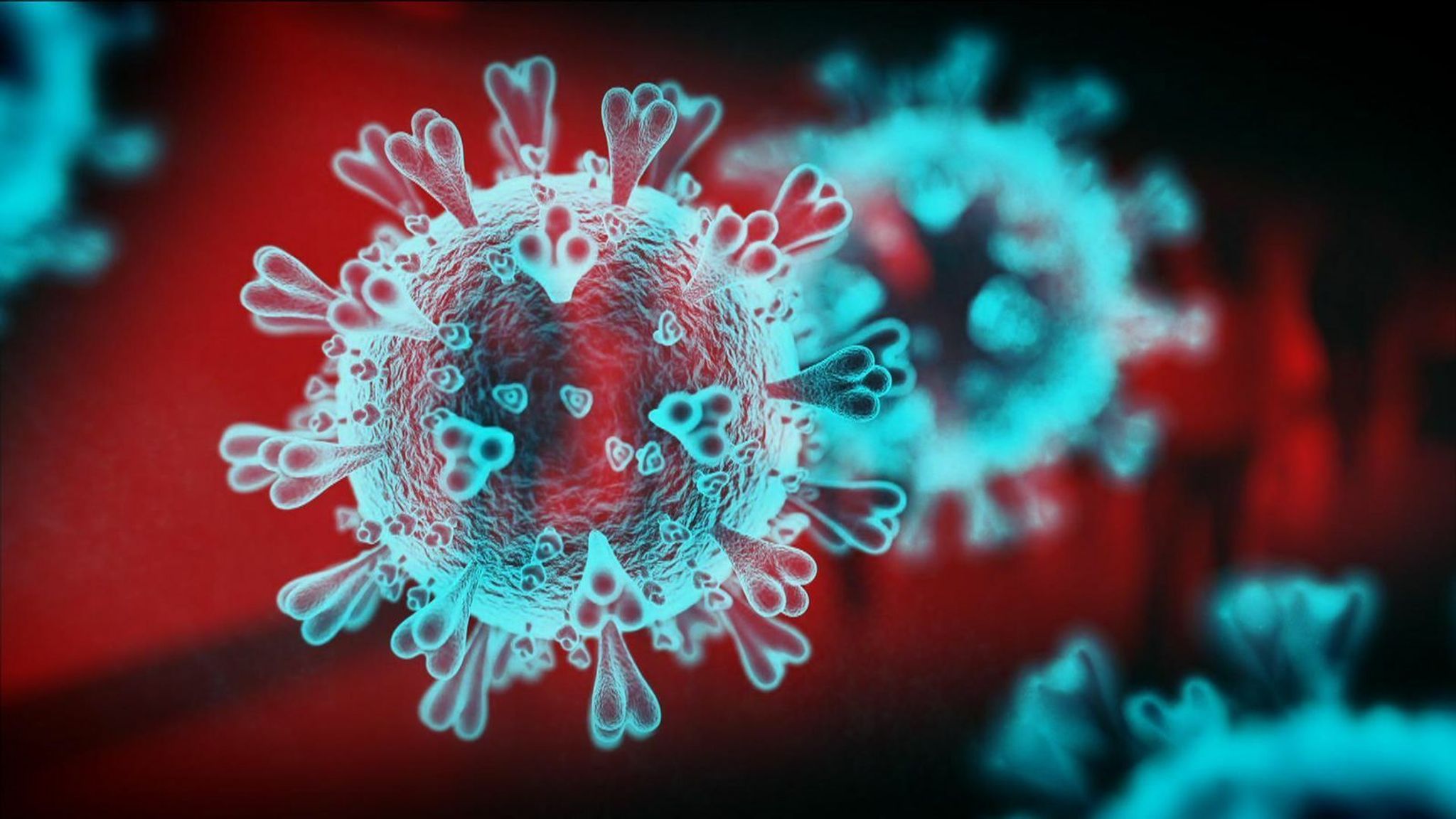A variant which has been described by some scientists as “really awful” has been detected in Botswana.
The Presidential COVID-19 Task Force has recently informed the nation of the emergence of a new COVID-19 variant known as B.1.1.529. According to the Coordinator of the Task Force, Dr. Kereng Masupu, the variant was recorded on Monday 22nd November 2021. Dr. Masupu reports that the four (4) cases were detected among travellers who tested SARS-Ccov-2 positive on routine pre travel testing. According to Dr Masupu, the variant tests were carried out as part of the routine genomic surveillance of SARS-COV-2 as prescribed in Botswana’s COVID-19 response plan.
“The preliminary report revealed that all the four had been fully vaccinated for COVID-19. As part of the continuing investigations into the virus to establish and contain its local transmissions, contact tracing has revealed close contacts who are currently awaiting their results and the public will be informed regarding the outcome of the exercise. The initial investigations on the virus have established that the new variant has a high number of mutations as compared to the locally predominant Delta variant. What this means is still unclear and under investigation. New variants have the potential to affect severity of disease, how effective tests pick up the disease as well as potentially vaccine efficacy. At this moment, real world impact of the variant has not been established. Non-pharmaceutical interventions (wearing of masks, social distancing, and avoiding unnecessary travels etc) remain effective and therefore the public is advised to continue observing these.
The Presidential COVID-19 Task Force wishes to further dispel assertions made by some circulating social media reports associating these cases with HIV status of the participants. Contrary to these reports, in which one newspaper claims that one case was from an HIV+ participant, is totally false as no HIV status of the clients was associated with these results. These media reports are unfortunate and factually flawed and should be viewed as such. The variant is still being studied and investigated and therefore, it would be premature to conclusively make these types of assertions at this time.” said Dr. Masupu.
Meanwhile, international media reports that the first cases of the variant were confirmed in Botswana on November 11 and three days later South Africa confirmed a case of the same variant.
According to reports, B.1.1.529 variant is highly transmissible as the mutation P681H seen in the new variant has also been reported in Alpha, Mu, some Gamma, and B.1.1.318 variants. The new variant also carries the N679K mutation which has been reported in many other variants.
It is reported that the new variant also carries a mutation called N501Y which has been reported in other variants of concern. Studies have shown that this mutation helps the variant be more transmissible. It also allows the virus to readily bind to the human angiotensin-converting enzyme 2 (ACE2) receptors.
News18.com further reports that the variant also carries the P681H mutation, one of the commonly identified spike mutations in SARS CoV-2, which enhances the transmissibility of the virus. The D614G mutation which has been reported to increase virus infectivity was also seen in the new variant.










